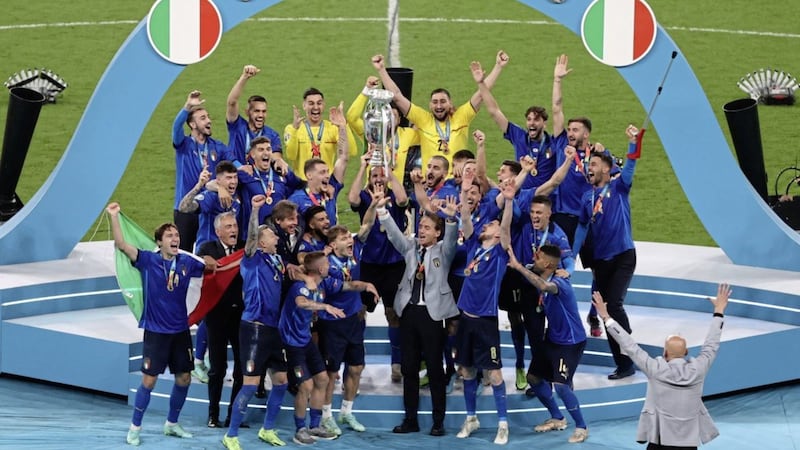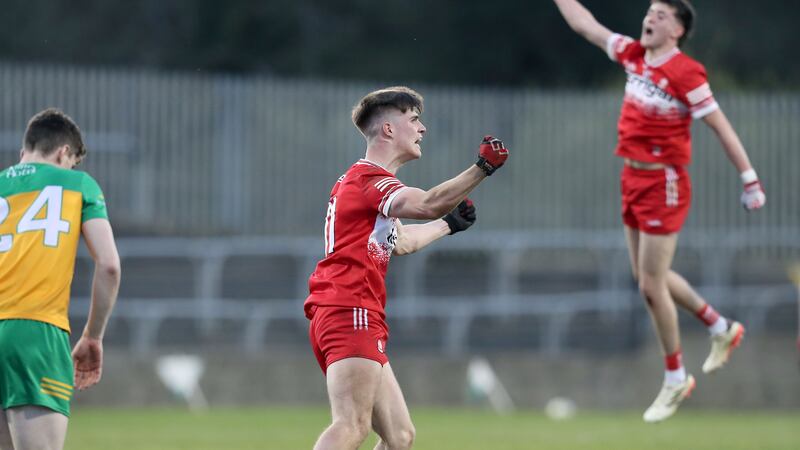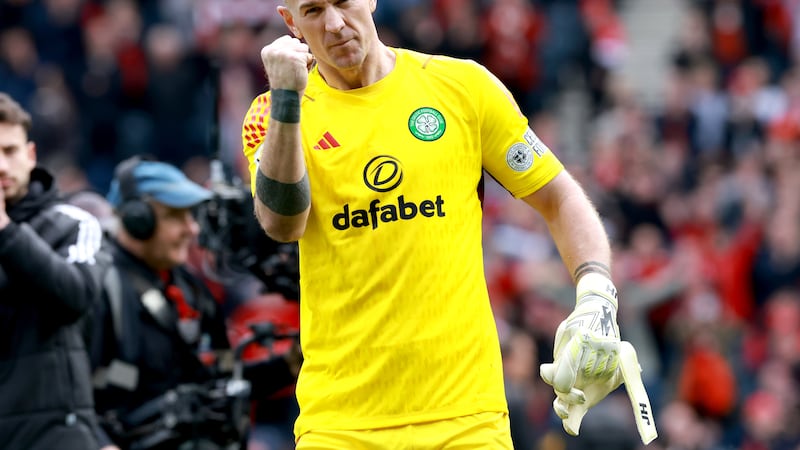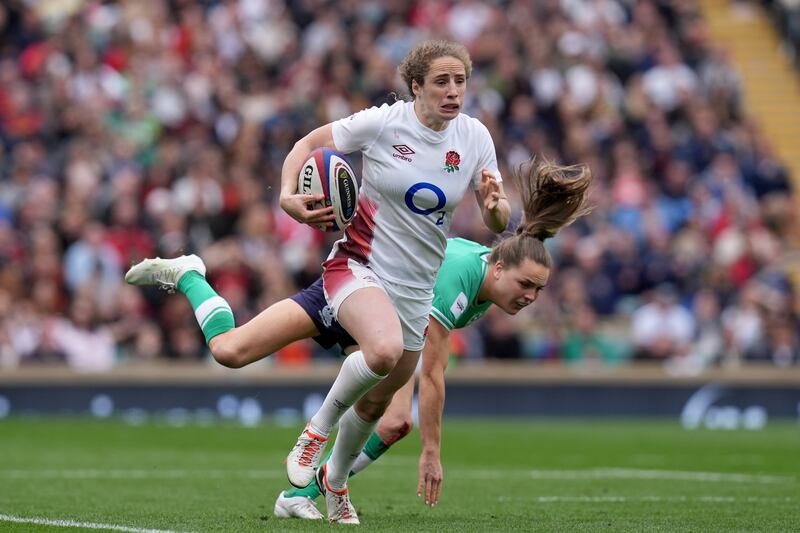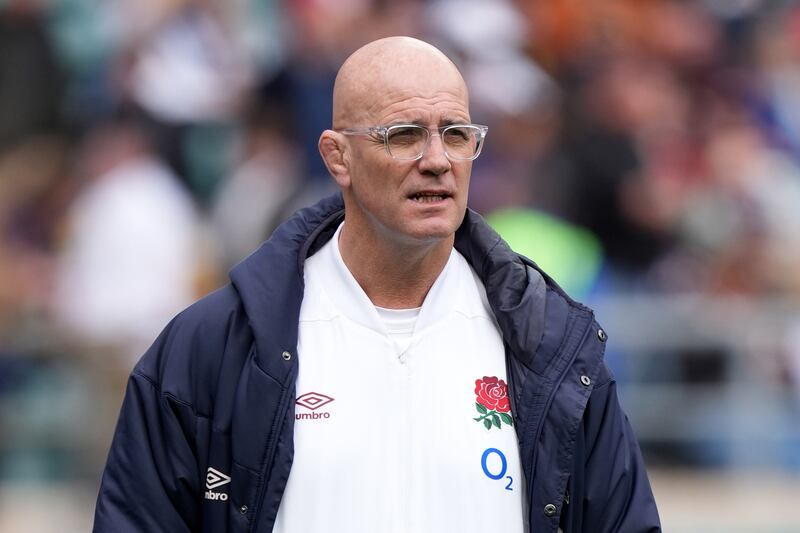FORM is permanent, class is temporary?
Euro 2020 provided that twist on the usual order of those words, certainly regarding the final day and its aftermath.
Italy, the form team of European, even world football over the past couple of strange years, remained invincible, emerged rightly victorious.
England, who had progressed to the decider in a largely understated, dignified manner, were let down by a section of their supporters once again.
That’s their form, though. The atmosphere of good-humoured euphoria can carry on for a while, but eventually there’ll be an outburst of trouble.
The surprise was that the drunken thuggery, the violence in and around the stadium, came long before kick-off rather than after the loss on penalties.
It’s the same with racism. It’s still there. The appearance of classy behaviour is undone by the bad form of some scum. Most of the English populace may genuinely see only the shirt but scratch the surface of some supporters and they can never look past the colour of the player’s skin.
‘Go back to where you came from’ was the message, along with monkey emojis and other vile abuse, to Bukayo Saka, Jadon Sancho, and Marcus Rashford - so that would be Ealing and Camberwell (both in London) and Manchester (Withington).
No doubt there also would have been abuse of any white players who failed to score a penalty - but it wouldn’t have been racist.
However, the abusers have been enabled and emboldened by those who should, and do, know better. Having exploited xenophobia to get into power, British PM Boris Johnson and his odious Home Secretary Priti Patel continued that poor form, defending the right of those England ‘supporters’ who booed their players taking the knee as a symbolic stance against racism.
Utterly predictably, those self-same, self-serving politicians then leapt aboard the England bandwagon as rapidly and shamelessly as if it were the gravy train they normally ride upon. Their condemnation of the post-final abuse fooled no one with any sense.
Still, that nastiness shouldn’t overshadow what was an exceptionally entertaining tournament, one which far exceeded expectations, avoiding fears of burnt-out players being incapable of performing up to standard. Perhaps there was a certain tiredness after a compressed club campaign but that probably contributed to more open matches.
Although the expansion to 24 teams for Euro 2016 seemed simply money-motivated and possibly counter-productive, the format has added excitement and intrigue, and again delivered drama even in the group stages, with hardly any dead rubbers and plenty of thrilling contests.
Talk of going up to 32 participants in three years’ time is hopefully just that, talk; not only would that weaken the tournament, as has happened with the World Cup, it would remove nearly all jeopardy from qualification.
More positively, Uefa President Aleksander Ceferin voiced his discontent with the multi-venue format, a terrible idea made worse for many fans by Covid-related restrictions.
It largely escaped notice though, at least for a while, that this was almost a home tournament for England, with all but their quarter-final at Wembley.
In another echo of 1966, England at last beat Germany in a knockout match, but this time that wasn’t quite enough for them to end 55 years of hurt.
Bigger guns than England misfired too.
World Cup-holders France had the talent to repeat their global/ continental double of 1998/2000, but arrogance led to their shock exit against neighbours Switzerland.
Spain got better as the tournament went on, with teenager Pedri’s perceptive, positive passing a delight, but they lacked the finishing power to profit from their fine football in the gripping semi-final against Italy.
The Azzurri subverted their stereotypes, for most of the time anyway. The cautious ‘tournament team’, supposed to start slowly, began with two 3-0 victories, having never before scored more than twice in a Euros game. They reverted to type to some extent in the knockout stages, but their high-pressing and pace were regularly eye-catching.
Ironically it was England who often played as Italy used to do, going ahead and then trying to protect that advantage. Sure, they didn’t immediately shut up shop after taking a second minute lead in the final but after the first half hour they rarely showed the attacking intent to add a necessary second goal.
Instead there was the extraordinary sight of Italian captain and centre-half, Giorgio Chiellini - who turns 37 next month - pushing up at inside left in search of an equaliser.
Then there was Giorgio Chiellini over-lapping the full-back late in extra time.
(Of course, there had also been Giorgio Chiellini nearly decapitating Bukayo Saka in added time, but that’s merely further evidence of form being permanent and class being temporary).
While Italy were different, some English commentators and pundits persisted with traditional partisan bias though, noting when Italians went to ground easily but saying nothing when their own main goal-scorers repeatedly tumbled at any contact.
The ‘God for Harry, England, and Saint George’ script seemed written, the hosts set to end Italy’s long unbeaten run…
Yet form, or at least the perception that England always lose on penalties, prevailed, despite a beauty from Kane, a belter from Maguire, and two saves from Pickford, one of them superb, keeping the hopes alive, denying the normally clinical Jorginho.
The final twist resulted from some poor decision-making from England boss Gareth Southgate, who had been exemplary as a man and a manager until when it mattered most.
This column won’t criticise him for subbing on players he thought would be better at penalties, but his choice of the fifth taker was crazy: it was obvious that young Saka was a nervous wreck ahead of the shootout.
In the end, English heads went; their non-tournament-winning form isn’t necessarily permanent, but their wait goes on.

